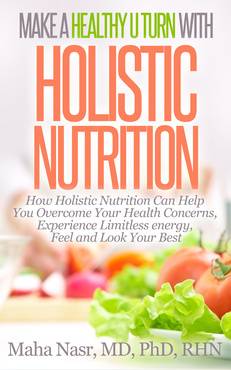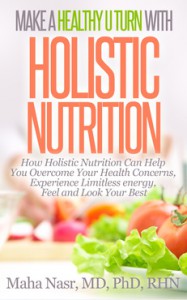By eating 25 to 35 grams of fiber every day, you may lower your risk of cancer, heart disease, stroke, obesity, diabetes, colitis, diverticulitis, piles and constipation. Studies have found however that the national average consumed is just 11 to 13 grams a day.
Fiber absorbs water in the digestive tract making the food contents bulkier and easier to pass through the body. This decreases the amount of time the food spends inside the body and reduces the risk of infections or cell changes due to carcinogens that are produced when some foods degrade, particularly meat.
Fiber also binds to toxins, inactivated hormones and bad fats in the colon helping in their elimination from the body, so it is an important for detoxification.
Fiber is also essential for colon health as soluble fiber is food for the good bacteria in the colon. Fruit and vegetable fiber slows down the absorption of sugar into the blood helping to maintain good energy levels. Cereal fiber is particularly good at preventing constipation and putrefaction of food which are underlying causes of many digestive complaints.
It is easy to take in the recommended amount of fiber by eating whole grains, vegetables, fruits, nuts, seeds, lentils and beans on daily basis. If your diet is high in refined foods with lots of meat, eggs, fish and dairy products, you will undoubtedly lack fiber.
Try adding these foods to your diet for a fiber boost
- Artichoke (1 medium cooked): 10 gm
- Lentils (1/2 cup cooked): 8 gm fiber
- Avocado (1/2 medium): 6.5 gm fiber
- Kidney beans (1/2 cup cooked): 6 gm fiber
- Pears (1 medium): 5.5 gm fiber
- Pumpkin seeds (1 oz): 5 gm fiber
- Mango (1 medium): 5gm fiber
- Green peas (1/2 cup cooked): 4.5 gm fiber
- Acorn squash (1/2 cup cooked): 4.5 gm fiber
- Apple (1 medium): 4 gm fiber
- Potatoes (1 medium baked): 4 gm
- Edamame (1/2 cup cooked): 4.5 gm fiber
- Sweet potato (1/2 cup cooked): 3.5 gm fiber
- Figs (1/4 cup): 3.5 gm fiber
- Banana (1 medium): 3gm
- Orange (1 medium): 3 gm fiber
- Broccoli (1/2 cup cooked): 3 gm fiber
- Prunes (1/4 cup): 3 gm fiber
- Dates (1/4 cup): 3 gm fiber
- Almonds (1 oz): 3 gm fiber
- Quinoa (1/2 cup cooked): 2.5 gm fiber
- Flaxseed (1 tablespoon): 2gm fiber
- Asparagus (1/2 cup cooked): 2 gm fiber
- Walnuts (1 oz): 2 gm fiber
- Blueberries (1/2 cup) 2gm fiber
- Tomatoes (1 medium): 2gm fiber
- Oats (1/2 cup cooked): 2 gm fiber
We offer tele-health coaching via Zoom, so we can help you if you are out of area. If you need help with your health and nutrition, sign up for a 15 Min Discovery Call with Registered Holistic Nutritionist and Life Coach, Maha Nasr to discuss your current goals and concerns and ask how we she can help you.
If you find this information useful, please feel free to share with your family or friends.




